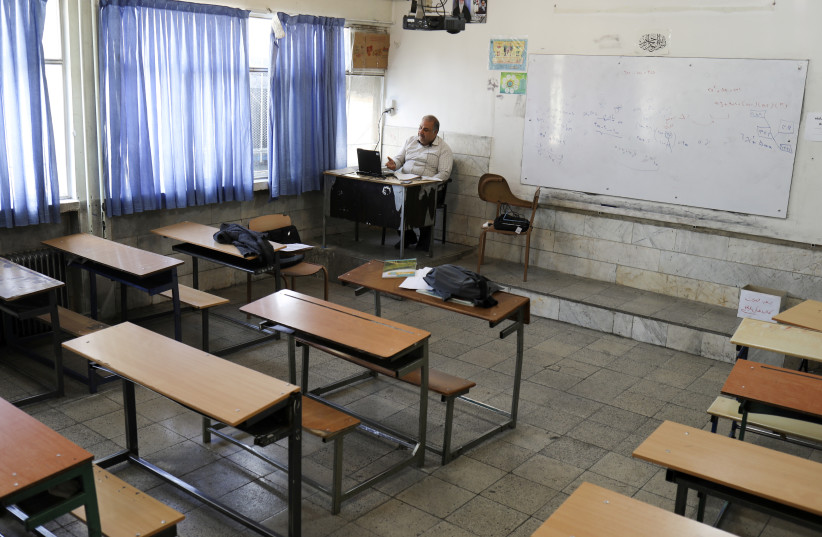The elections are behind us, but the challenges facing Israeli society have not disappeared. In an educational system in which principals (primarily in the elementary school system) wonder if they will have teachers to fill their classrooms next year, we were informed that the number of new students in the schools of education of Israel’s universities and colleges is down by a third compared to last year.
The problem is compounded by the fact that today, some graduates never reach the classroom, and a fifth of those who do, leave the field of education within their first three years. We are also expecting a wave of retirements among teachers who made aliyah from the Former Soviet Union in the 90s (and are particularly critical to scientific fields), while Israeli society is constantly growing, requiring a larger educational staff.
The most significant factor impacting young university students when considering education as a career is the status of teachers in Israeli society. The impression that many have regarding a career in teaching, as well as the conditions which teachers can expect to work under, are important. In Western society, the status of a teacher cannot be separated from their salaries.
In the current climate, Israel must make a values-based decision about the importance of education, and derive the necessary teaching salaries from this. Young, talented college students will not choose to go into education if their working conditions and salaries are not increased, especially if there is not a shift in the way the profession is viewed.
ISRAELI SOCIETY must strive to have the very best teachers in its classrooms; those who can provide our students with experiences of learning, developing and entrepreneurship. These are the leaders who provide our children with support and growth, alongside values, knowledge and relevant skills for tomorrow’s world.

In order to bring these teachers into the classrooms, we must adopt (at least partially) the way in which Eilat dealt with a city-wide teacher shortage. With the support of the government, Eilat offered new teachers annual stipends of tens of thousands of shekels, alongside a 10% tax benefit on income taxes.
Although Israel has a hard time increasing teacher salaries, (in comparison to hi-tech salaries) the time has come to acknowledge that teachers are top of the priority list. All teachers in Israel should be exempt from paying income tax (up until a certain sum to be determined, for example, 150% of the average salary in the market). If teachers were the only employees not pay income tax in Israel, this would not only send out an economic statement, but also a message of how important and valued teachers are in society.
This step may not be significant for all teachers during their early years in the field, but it would send a clear message that teachers are treated differently in Israel, because we need the very best that society has to offer to choose this profession.
Tax exemptions, higher salaries and changes in teacher standing will not help if we cannot enable principals and teachers to realize their educational goals within their schools. Principals and teachers need more administrative and pedagogical autonomy, and the approach of the Education Ministry’s oversight must also change.
Significant resources must be invested in training teachers so they become mentors and guides to their students, as well as being professional teachers with knowledge that can help them adapt to the needs of the 21st century.
Teachers who are able to be entrepreneurs and whose creative talents are significant in their educational work – it is these teachers who we all want for our students. If society can change its attitude towards the teaching profession, there is a chance that more youngsters will choose a career in education.
The writer is director-general of the AMIT Network.
